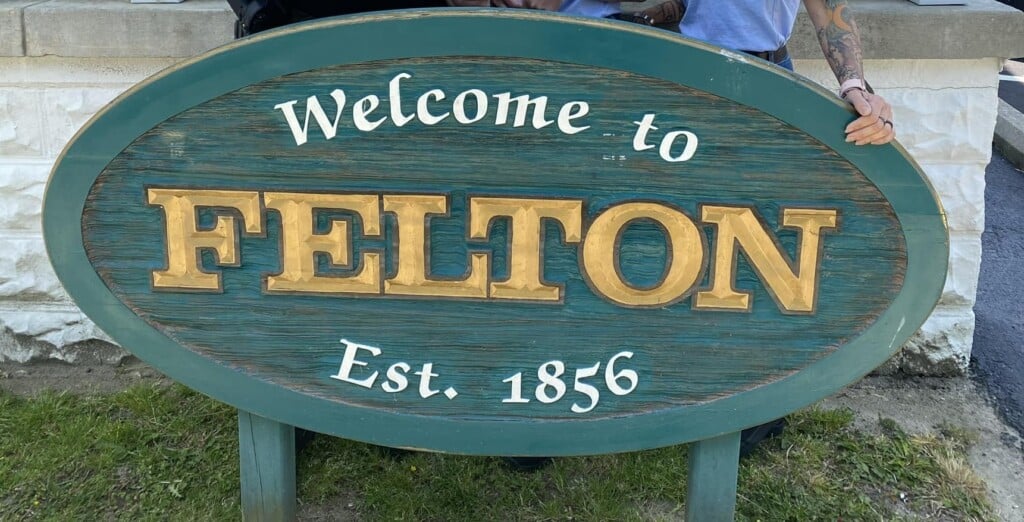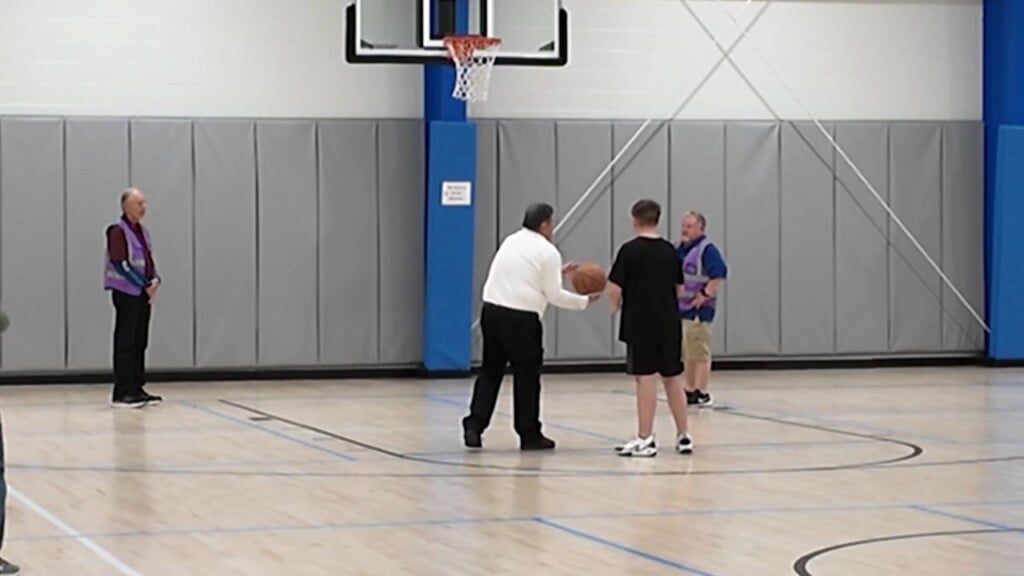Cambridge considers charter changes as commissioner vacancies loom
CAMBRIDGE, Md. – The City of Cambridge is getting ready to say goodbye to two commissioners. With those departures, comes the necessity to fill vacancies. However, the city’s charter requires a special election. City leaders say that process can be extremely costly, and difficult for some voters to take part in.
“We’re trying to figure out how to do this most economically, most fairly, most expeditiously. But, we have to thread a very difficult needle,” said City Manager Tom Carroll.
Vacancies Coming
Carroll says the upcoming vacancies have been on the city’s radar for months. Commissioner Chad Malkus of Ward 5 was forced out of his home in the district almost a year ago, says Carroll. Under city charter, commissioners who have moved out of their districts have 12 months to re-establish residency there.
Carroll says Commissioner Brian Roche of Ward 1 also left his home in the district in December.
Costly and Complicated
The Cambridge city charter already has rules in place for what to do in such situations: hold a special election. However, Carroll says getting voters to cast those ballots can be extremely expensive.
“As an example, the special election in August cost the city $12,500,” said Carroll. “The runoff election was in September. So, that was another $12,500. That’s $25,000 of expense in the last year.”
Carroll says the city is now potentially looking at two more special elections. And, if candidates do not receive an outright majority as stated in the charter, a runoff election is required. The thousands of dollars it takes to hold a special election can be chalked up in part to hiring consultants, says Carroll. Hopefully, Carroll says the Dorchester County Board of Elections could help this time around.
“But, they weren’t able to do that in 2022. It’s just very complicated in a gubernatorial or presidential election year for your county board of elections to run your local election,” said Carroll.
It’s also complicated, Carroll says, for the voters. “Come out for an election in April, May, or June, and then do it again in November, December, or January? That’s just not the most effective way to oversee the policies of the city,” he said.
Digging Into Data
To find alternate solutions, Carroll has been researching how surrounding municipalities handle vacancies.
The dataset included 11 cities, including Bel Air, Berlin, Cambridge, College Park, Easton, Gaithersburg, Havre de Grace, New Carrollton, Ocean City, Salisbury, and Takoma Park. The handful of cities represented population sizes ranging from 5,000 to about 70,000, compared to Cambridge’s 13,000. Each city has a city manager, town manager, or city administrator form of government, with councils ranging from five to eight members.
In looking through that data, Carroll was able to come to a few different conclusions: vacancies are typically filled by special election, appointment by council, or a hybrid of the two options. Carroll also determined that the size of a given municipality doesn’t seem to sway which process is used, nor does the length of a council person’s term. However, Carroll says two-year term vacancies seem more likely to be resolved by council appointment.
The data also indicated that election of all council persons via at large or by districts or wards is not a factor, says Carroll. And, Carroll says staggered terms also do not appear to influence which process is used. Overall, Carroll says there is little to no predictability as to which method is used to fill a vacancy.
Making Recommendations
With the data in hand, Carroll says Cambridge could learn valuable lessons from the other municipalities studied.
“Other cities, like Salisbury which just had a vacancy when Mayor [Jake] Day was appointed to the governor’s cabinet, they have the ability [where] council appoints a successor in that elected office,” said Carroll. “Then, there’s other cities like Easton that kind of have a hybrid of those two. Depending on where the vacancy falls, you either have a special election that’s early in the term, or you appoint if it’s later in the term.”
Official recommendations from Carroll are broken into three categories.
He says Cambridge should consider reducing the amount of time that a council person can be removed from his or her district before creating a vacancy. The current term of one year, says Carroll, is “extremely generous”. He also points out that some cities consider one-day cause for the creation of a vacancy, but also acknowledges that sometimes people are forced to move out of their districts by no fault of their own.
Carroll also recommends that Cambridge moves toward staggered terms for council members. He says this would reduce the learning curve for a newly elected council, and could increase the frequency of regular elections.
Lastly, Carroll says most of the cities that use the hybrid method rely on a timing factor to determine if a special election is needed. He says if a relatively short period of time remains in the vacated term, an appointment by council would provide continuity for the district. If the period of vacancy is much longer, Carroll says it could be worth spending taxpayer money on a special election.
Considering Charter Changes
On March 13th, Carroll and the city attorney will hold a work session, laying out possible charter changes. One suggestion, says Carroll, could be switching to ranked choice voting.
“It’s become more popular as people become familiar with it. It’s essentially like an instant runoff, which would avoid having a second election,” said Carroll.
On paper, Malkus vacate will his seat on March 1st. Carroll predicts that Malkus will likely stay in place until a new commissioner is found for the sake of Ward 5 constituents’ representation. But, Carroll says there’s still a lot to figure out until then.
“Probably, those changes will not affect our current situation. We’ll probably stick with what the charter says and hold a special election,” said Carroll. “And yet, the discussion about how to solve this is going to happen after that. So, our charter is very unclear as to what happens.”


